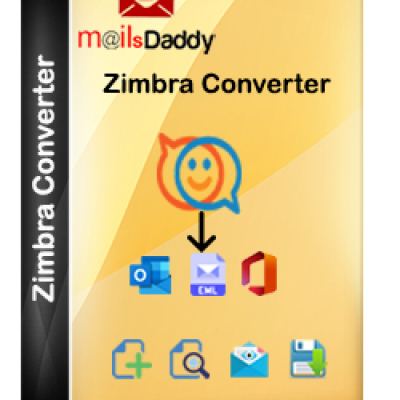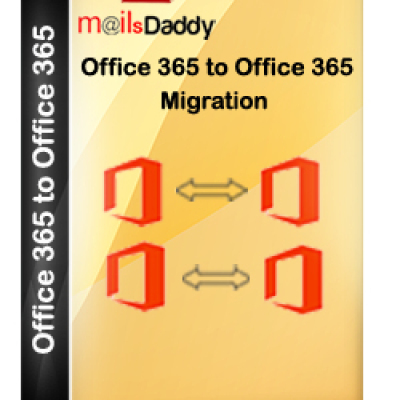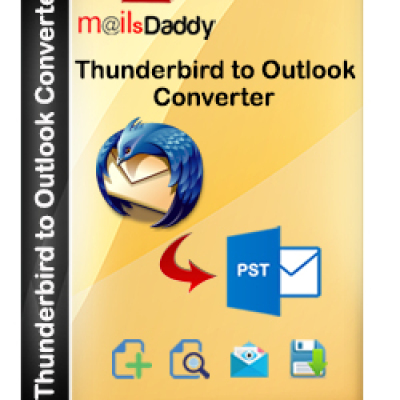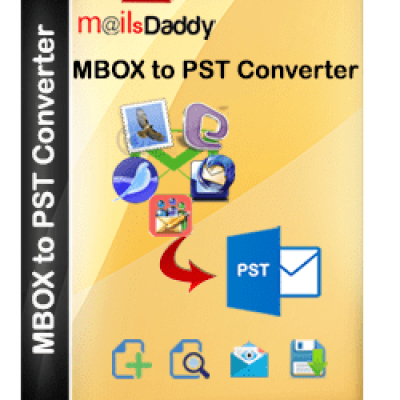Here are a few specific online booksellers you can learn best practices from through researching their platforms:
- Amazon - As the industry leader, Amazon has refined their processes extremely well. Study how they optimize book profiles, categories, customer reviews, related item suggestions, and other data-based personalization.
- Barnes & Noble - While their retail stores face challenges, their well-organized online bookstore is still a top channel. Learn from the design of their categories and book pages for optimal browsing and discovery.
- Book Depository - Owned by Amazon but known for excellent international reach and low/free shipping worldwide. Analyze targeting strategies for global audiences.
- ThriftBooks - A prominent used/remainder bookseller with great techniques for sourcing inventory cost-effectively while sustaining quality control standards.
- Alibris - With vast selection of rare/out-of-print titles, they showcase innovative ways of keeping niche works discoverable to readers despite lower sales volumes.
- College Bookstores - Platforms like Barnes & Noble College/Follett showcase merchandising tactics for serving student communities with curated course material mixes.
- Independent Booksellers - Websites of indie stores scattered worldwide exemplify personalized bookstore feel for online. Mining reader reviews/events works.
Paying close attention to top performers like these allows self-publishers to replicate engagement drivers and continually raise the bar on customer experience across all channels. Let me know if any specific area could use more analysis!
Synes godt om
Kommentar
Del









